Serbs testify in Medak Pocket trial
Serb villagers from the Medak Pocket testified Wednesday at the Ademi - Norac trial in Zagreb.
Thursday, 27.09.2007.
13:07

Serb villagers from the Medak Pocket testified Wednesday at the Ademi - Norac trial in Zagreb. Generals Rahim Ademi and Mirko Norac stand accused of war crimes committed during the Medak Pocket operation in 1993. Serbs testify in Medak Pocket trial Today’s witnesses described in detail the torture and liquidation of civilians, while Stevo Jovic, who was living at the time in the village of Divoselo, described how his wife had been impaled alive on a stake and how later several civilians had been pulled out of a septic tank. Jovic supported his story with several documents and photos, saying that he himself had witnessed some of the murders and torture, while he had heard about others second-hand, and had later found confirmation of them in the documentation. He said that that the mutilated bodies had not been removed in order to hide evidence of torture. He said that during the operation he had been injured twice, and that a few days after the Croatian army had broken through, he had escaped and hidden in the woods. Asked why the civilians had not surrendered, but rather fled, Jovic replied that had they surrendered to the Croatian army, they would have been slaughtered. He compared the Croat soldiers in the Medak Pocket operation to the Ustasha in 1941 who, on the same territory, had in one day slaughtered as many as 634 people, though he added that, unlike the Ustasha units, "this lot demolished gravestones, monuments and houses, and had poisoned the drinking water." Jovic reiterated that two of his sons had been in the Croatian army, that one had been killed, adding that, "the Chetniks who came to their villages from outside, called him an Ustasha because of that." He explained that the local populace had not accepted the Chetniks, but at the same time did not dare oppose them. He said that the two accused generals were not on trial because they had been "brainwashed or were Serb-haters", but that they had "had their subordinates who must have known who committed the crimes," and at the end of his testimony he handed the judge a list of murdered civilians who he said had all been old, infirm or sick. Besides Jovic, testimony of the Medak Pocket massacre was given by Slavica Bjegovic, who recalled how her father had been killed inside his house, while her mother had suffered the same fate on her way out of the village. General Ademi’s successor as commander for the Gospic district, Zeljko Prpic stated that the operation had not involved any crimes or any sort of parallel command structures, and that the victims had not been civilians, as all had been in the service of the rebel Serb army. "Ademi issued all his commanders instructions that there were to be no crimes committed, and they all agreed," said Prpic. In the trial of Ademi and Norac, the first instance of the Croatian judiciary assuming responsibility from the Hague Tribunal, both are accused of sanctioning the perpetration of crimes against Serb civilians during and after the Medak Pocket operation in September 1993, as well as excessive and indiscriminate shelling of Serb villages, leading to the deaths of many civilians.
Serbs testify in Medak Pocket trial
Today’s witnesses described in detail the torture and liquidation of civilians, while Stevo Jović, who was living at the time in the village of Divoselo, described how his wife had been impaled alive on a stake and how later several civilians had been pulled out of a septic tank.Jović supported his story with several documents and photos, saying that he himself had witnessed some of the murders and torture, while he had heard about others second-hand, and had later found confirmation of them in the documentation.
He said that that the mutilated bodies had not been removed in order to hide evidence of torture. He said that during the operation he had been injured twice, and that a few days after the Croatian army had broken through, he had escaped and hidden in the woods.
Asked why the civilians had not surrendered, but rather fled, Jović replied that had they surrendered to the Croatian army, they would have been slaughtered.
He compared the Croat soldiers in the Medak Pocket operation to the Ustasha in 1941 who, on the same territory, had in one day slaughtered as many as 634 people, though he added that, unlike the Ustasha units, "this lot demolished gravestones, monuments and houses, and had poisoned the drinking water."
Jović reiterated that two of his sons had been in the Croatian army, that one had been killed, adding that, "the Chetniks who came to their villages from outside, called him an Ustasha because of that."
He explained that the local populace had not accepted the Chetniks, but at the same time did not dare oppose them.
He said that the two accused generals were not on trial because they had been "brainwashed or were Serb-haters", but that they had "had their subordinates who must have known who committed the crimes," and at the end of his testimony he handed the judge a list of murdered civilians who he said had all been old, infirm or sick.
Besides Jović, testimony of the Medak Pocket massacre was given by Slavica Bjegović, who recalled how her father had been killed inside his house, while her mother had suffered the same fate on her way out of the village.
General Ademi’s successor as commander for the Gospić district, Željko Prpić stated that the operation had not involved any crimes or any sort of parallel command structures, and that the victims had not been civilians, as all had been in the service of the rebel Serb army.
"Ademi issued all his commanders instructions that there were to be no crimes committed, and they all agreed," said Prpić.
In the trial of Ademi and Norac, the first instance of the Croatian judiciary assuming responsibility from the Hague Tribunal, both are accused of sanctioning the perpetration of crimes against Serb civilians during and after the Medak Pocket operation in September 1993, as well as excessive and indiscriminate shelling of Serb villages, leading to the deaths of many civilians.










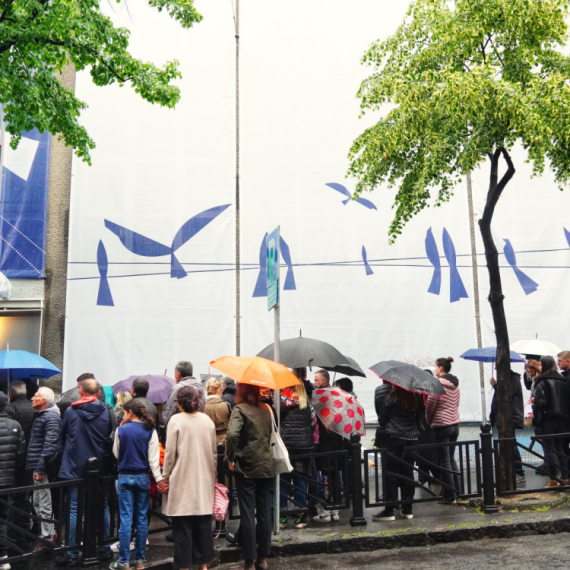
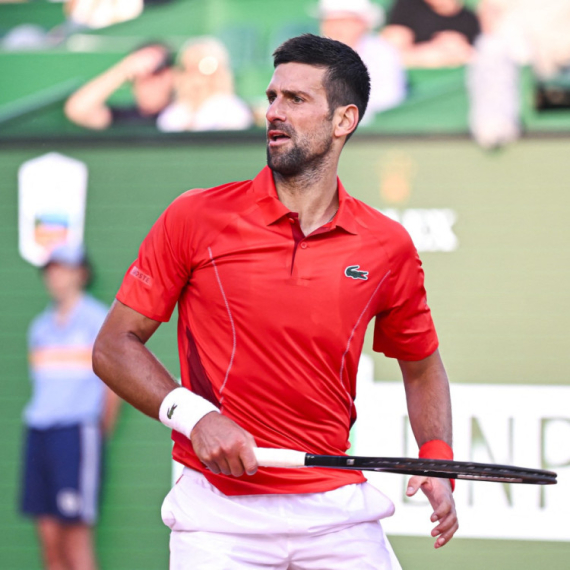
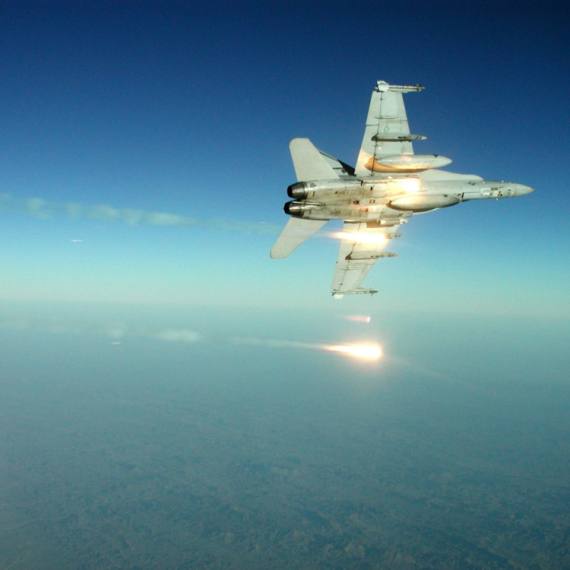
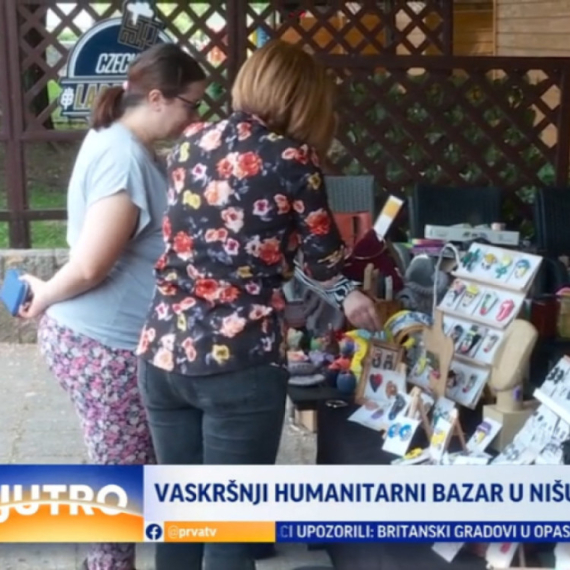















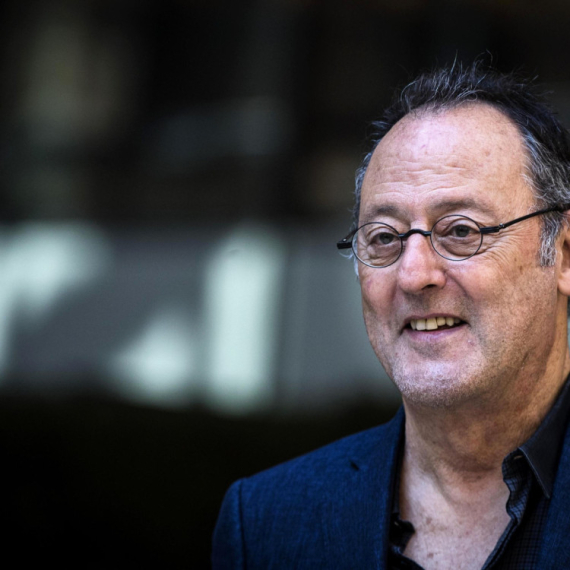






















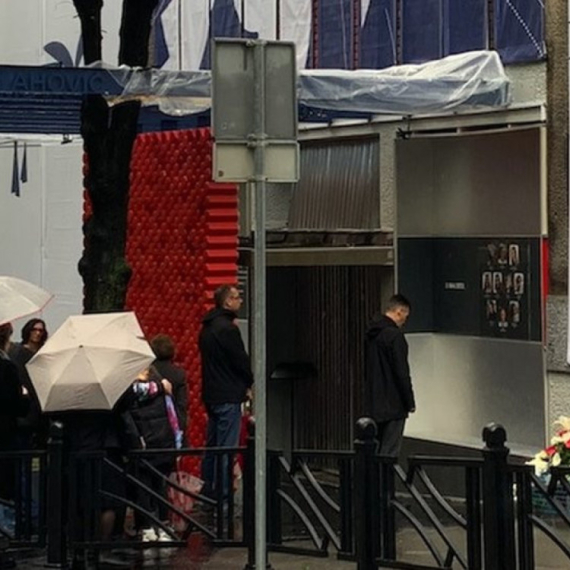
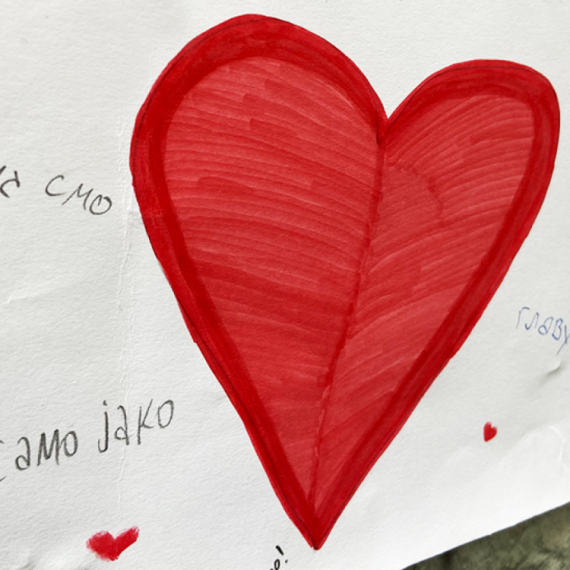


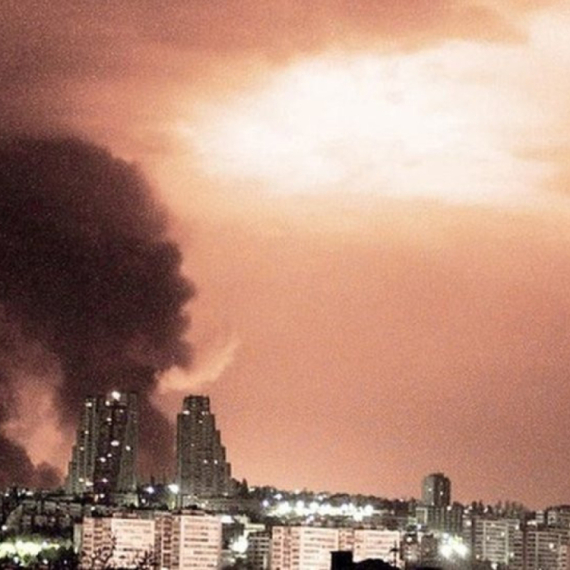

Komentari 6
Pogledaj komentare